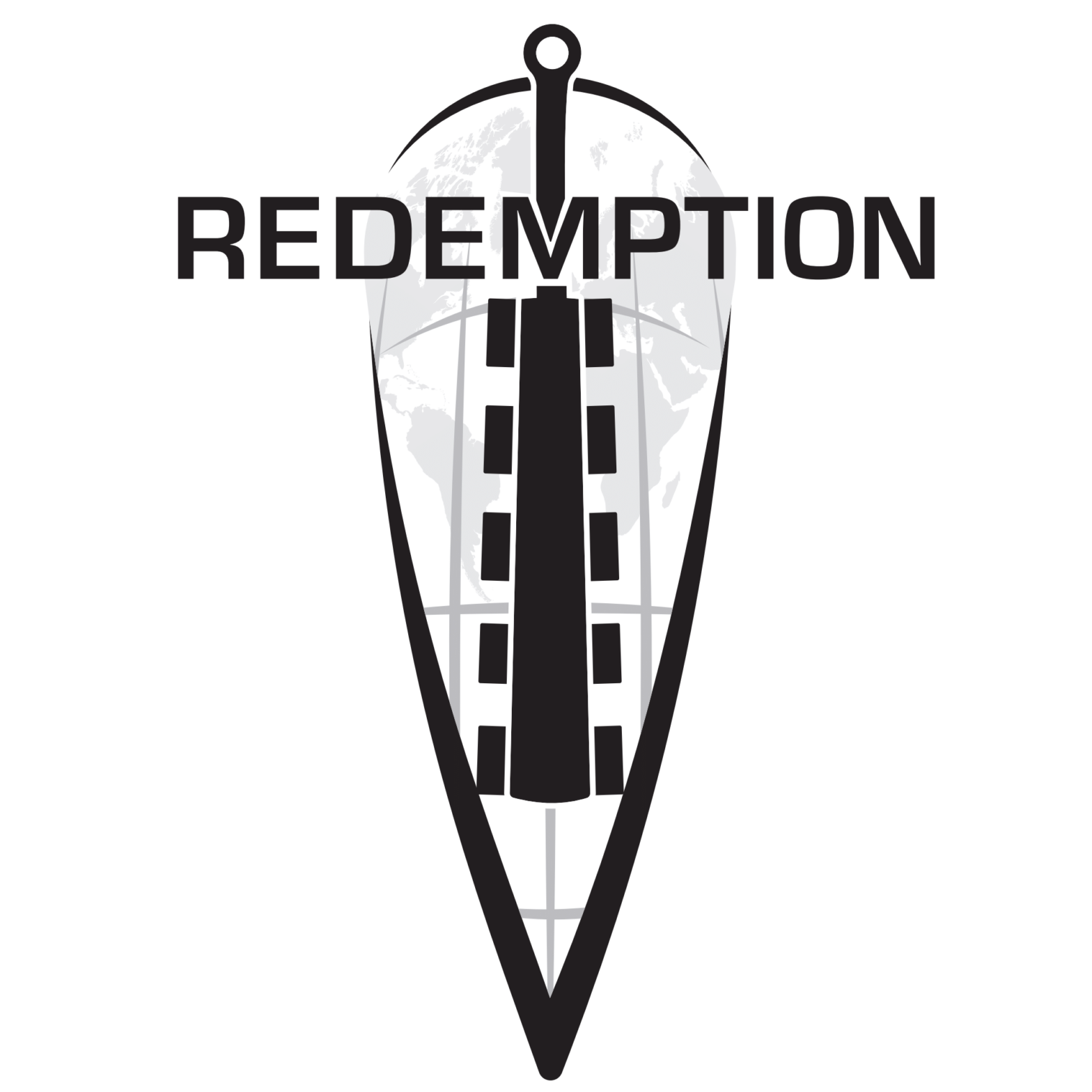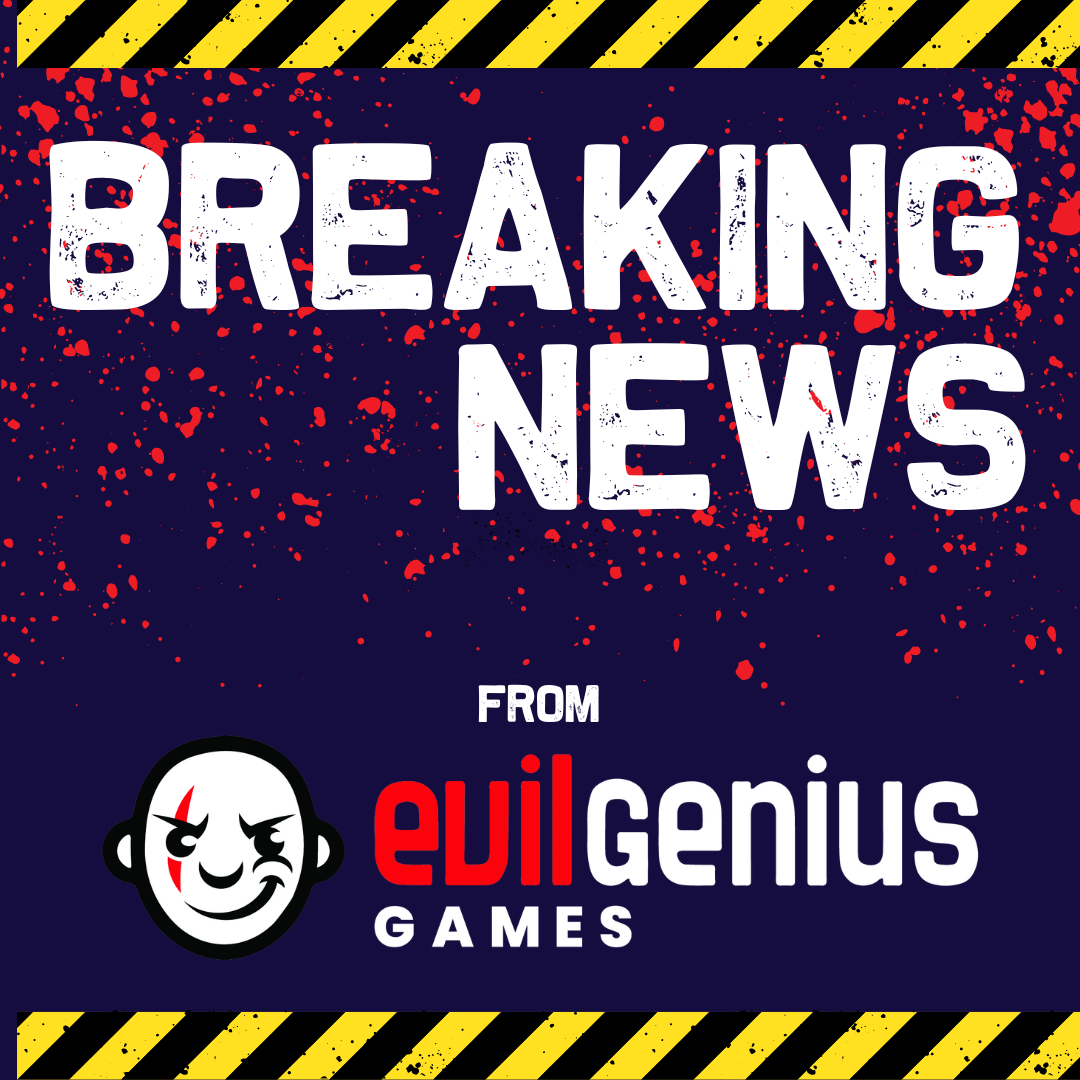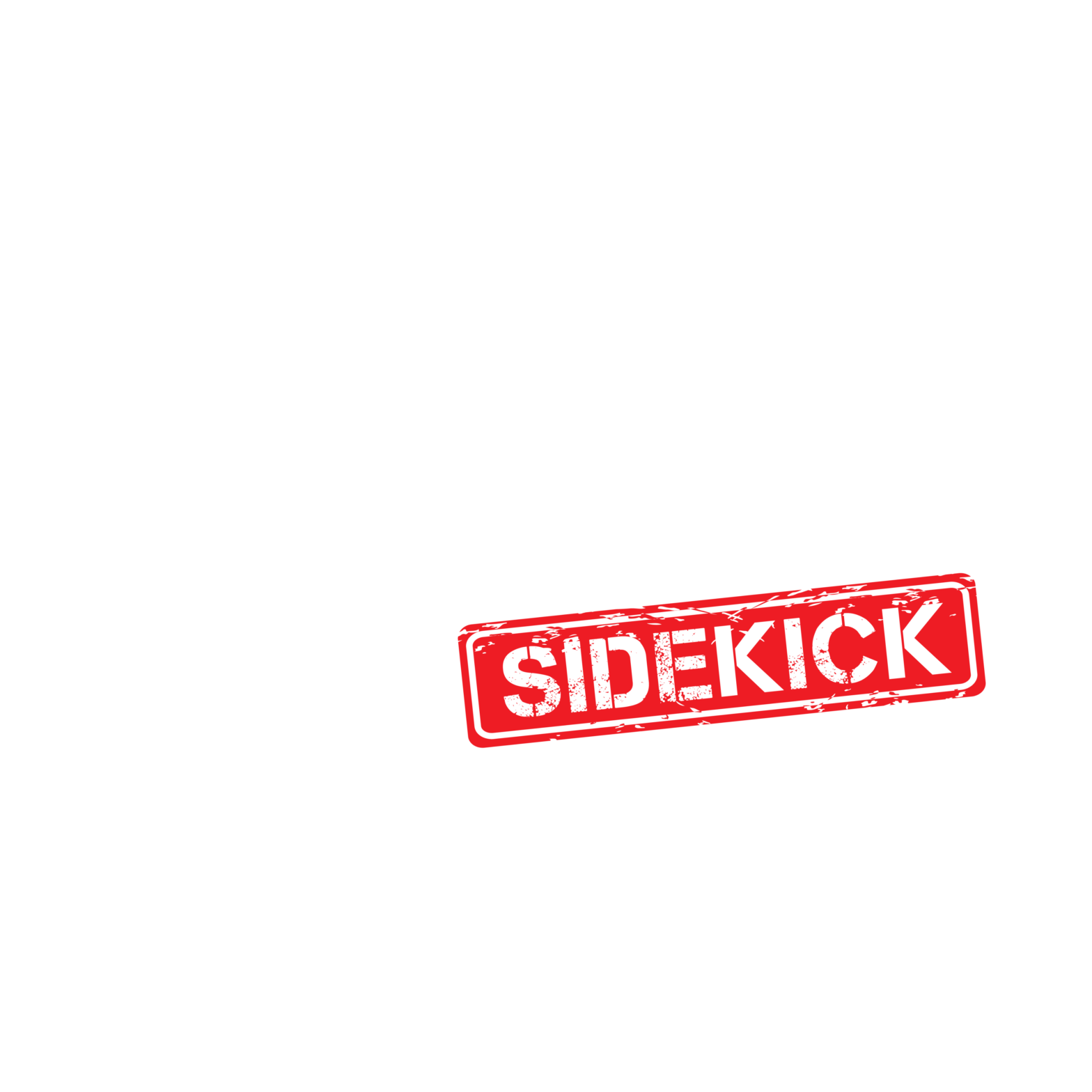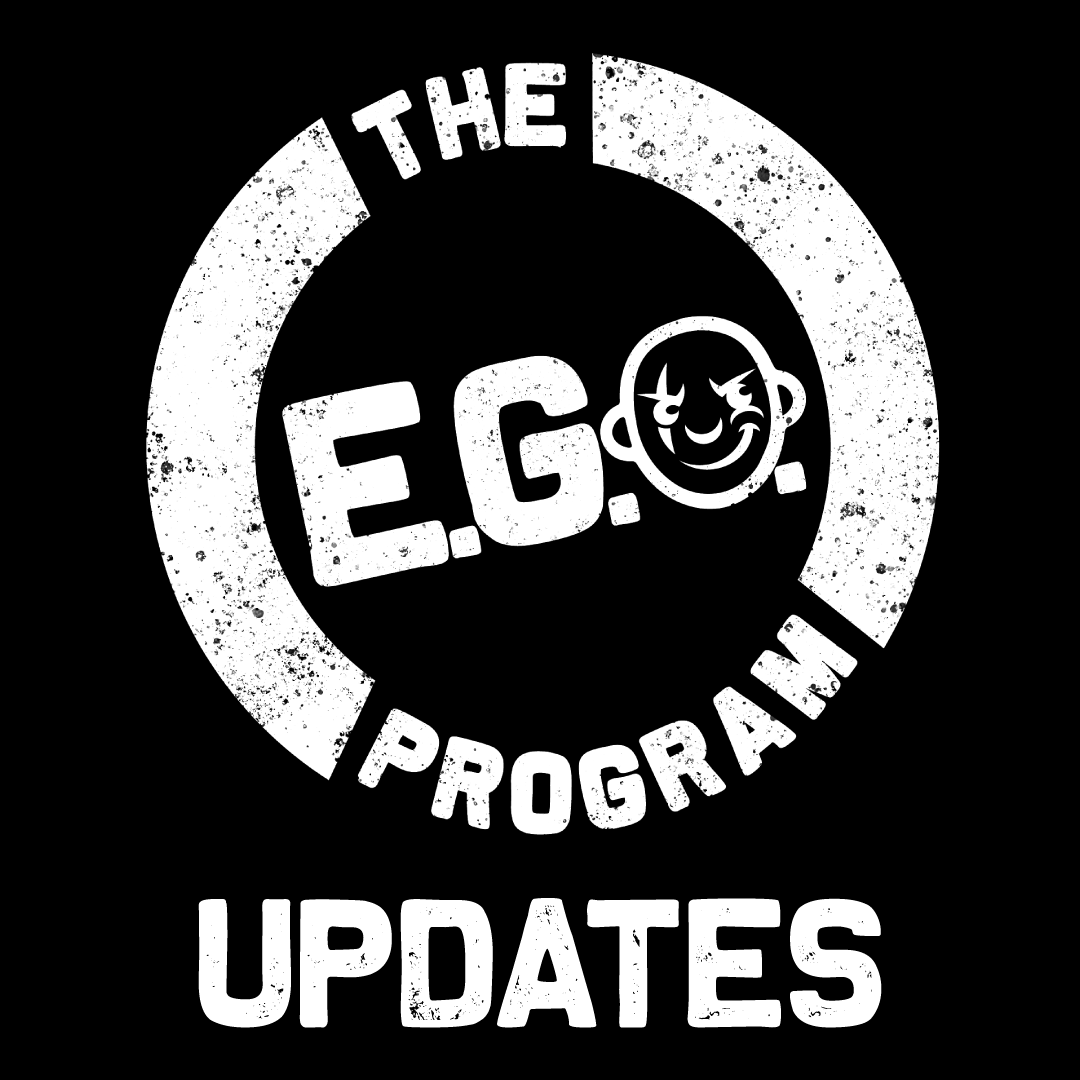There has been a lot going on at Evil Genius Games recently in terms of connecting the company and the Everyday Heroes community. Fan-generated content, such as the podcast REDEMPTION HQ and the mini-tutorial series The Academy are taking off; homebrewers are busy sharing ideas and news of their latest adventures on Discord; and our ceo-ama channel has been ablaze with ideas and suggestions. And this last week, we enlisted the help of the Evil Genius community to create almost a hundred video clips for a video montage that we will use to show investors how Evil Genius and TTRPGs play a part in the lives of the Everyday Heroes that create, run, and play our games. And more great company-community content is on the way!
Our CEO, Dave Scott, and our Project Manager, Paul Timm, have been conducting a series of interviews with community members. I invited Dave to tell us about them, how they are going, and what we are learning from them. Let’s hear what he has to say…
Dave, thanks for making time to come on the blog to do an interview.
Happy to do it. You know I can never say no to you, Eric.
<laughs> I’m going to hold you to that, you know. But tell us a bit about the context of these interviews to help us understand their purpose.
Sure. The idea of conducting these interviews developed out of what is known as the “Jobs To Be Done” (JTBD) framework, which is intended to give us tools to better understand what job our customers—or prospective customers—hire our products for.
What do you mean by “hire”?
The JTBD framework posits that we “hire” certain products to do certain things for us. For example, we “hire” our car to take us to work and we “hire” our phones to help us communicate with loved ones. Every product in our life has a job to do, otherwise we wouldn’t own it.
I see. In other words, if there’s something that we want to do or accomplish, and we purchase an item or service to do it, that something is the item’s or service’s “job”?
Exactly. In this way of looking at it, there are many things in our lives that are doing a “job” for us. And looking at the choices of which products our customers hire through this framework helps us understand what job our products are doing for them, and how our products can do that job better.
I can see how that could be useful because it also allows you to ask “Why did you hire x for the job and not y?” To use one of your examples, for the job of getting to work, someone might hire a car, an Uber, public transportation, or a bike. If you make bikes, it would be helpful to understand how bike commuters came to “hire” your bikes to do this job.
Yes. So, through this JTBD framework, I’ve set out to talk to dozens of customers who have hired Everyday Heroes for the job of organizing, running, and playing their TTRPG games.
How do the interviews work?
The interviews last about an hour. We start by asking how and why the person got into TTRPGs in the first place, what game systems they were exposed to along the way, and then how they came to discover Everyday Heroes. And, most importantly, we ask why they bought the game? What job was it hired for?
So, this develops a backstory, so to speak, for how people came to hire us?
Yes. Then, we spend a fair amount of it digging into the details of how the person learned about and came to purchase our products. Part of this includes delving into the dynamics of their gaming group and how they were able to get Everyday Heroes to their gaming table.
I see. Because in order for a gaming system or adventure to do its job, so to speak, you have to get your friends to buy into it as well?
Yeah! We learned that, for a game to be played, someone must champion it within their gaming group. These “micro-influencers” are important to the adoption process.
It is like wanting to hire your car to get you to work, but you can’t unless you can convince other people to ride along with you.
Something like that. Or better yet, if you want to hire the HOV lane to drive to work, you need to find 3 other commuters to enjoy the benefits of the express lane.
Got it. So, what did you learn from the interviews?
First of all, I learned that many of our journeys into gaming have a similar trajectory. Most of us began playing TTRPGs between 9 and 11 years of age. Most of us started with Dungeons & Dragons. And most of us have formed important friendships through the game that keep us involved, some of which have lasted years or even decades.
That is so true. It is amazing how many gamers I talk to that have friendships that go back to their first campaign! So, as much as we all loved it at the time, how did we get out of our D&D ruts?
Everyone we interviewed had an interest in trying something outside of D&D. Many of us even tried d20 Modern, our spiritual predecessor, when it was popular in 2002. And many of the people I interviewed were forever GMs, so they were able to have an influential role in bringing new games to the table.
Makes sense. Why did they settle on Everyday Heroes?
When Everyday Heroes was introduced into their consciousness, everyone we interviewed got super excited about bringing their own adventure ideas to life. Whether they wanted to design their own post-apocalyptic worlds or re-enact their favorite TV shows or movies, they all found that Everyday Heroes provided the right tools, and did a better job, than anything else.
That is an important insight. So, what are the takeaways from the interviews that you want to follow up on?
Well, first of all—and this is something that I already talked about in our team meeting—I have been so impressed with the passion of the people we interviewed, and with how important and deeply meaningful gaming is in the lives of those who create, run, and play TTRPGs. It was really humbling and validating to hear that we play a part in making that possible, and I really think that we have a responsibility to do our very best to fulfill our role well and deliver an amazing experience.
I know that also came through to those of us who listened to the interviews. So, where do we go from here?
First of all, we learned that we have some great strengths to build on. We learned that supporting the Forever GM will be one of the cornerstones of our success. People love the Everyday Heroes system because it is 5e compatible and easy to teach, which makes it easier to introduce to players and get them on board. We also discovered that it makes for a great “palate cleanser” between other games. And for GMs and home brewers, we learned that Everyday Heroes has no competition if you are looking for a great modern genre toolbox. We learned a lot, and are excited to find ways to put these lessons into action.
Are there any specific things that you learned through the interviews that tell us how we can best move forward on these strengths?
Yes, we also learned some lessons. First, since Forever GMs are a cornerstone of our success, we need to make it easier for GMs to get started with Everyday Heroes. Second, we must fix our Roll20 implementation. There are reasons for what happened with the Kickstarter and why it has taken this long. But, even though it is going to be very costly, we just have to get it done. In a similar vein, as more and more people move online, we need to optimize all of our adventures and their assets for VTTs. I am actively looking for ways for us to do all these things, and I hope to have more news to come.
Those all sound like terrific things to focus on, and helpful in terms of moving forward in the right direction. Is there anything else that you want to convey?
Yes. I want to personally thank all of the people who donated a considerable amount of time to answering my questions. They were so incredibly helpful, and they demonstrated how passionate our fans are about our game system. And to our community at large: whether it is in an interview, on the ceo-ama channel on Discord, or at a gaming convention, I promise to always listen to you with an open mind and to work to deliver an amazing experience for you.
Well, folks, that about wraps it up. Thanks again, Dave, for coming on to bring us up to date on these developments, and thanks to all you Everyday Heroes who help make our community so special. If you are reading this and want to join our community, come join our Evil Genius Games Discord, support our ongoing work by subscribing to our Patreon, and join in running and playing Everyday Heroes REDEMPTION in our Evil Genius Organized-play (E.G.O.) program. We look forward to having you!
Because the world needs more Everyday Heroes.







Be the first to comment
Sorry but it seems you are not logged in.
To post the comment first you need to Sign In